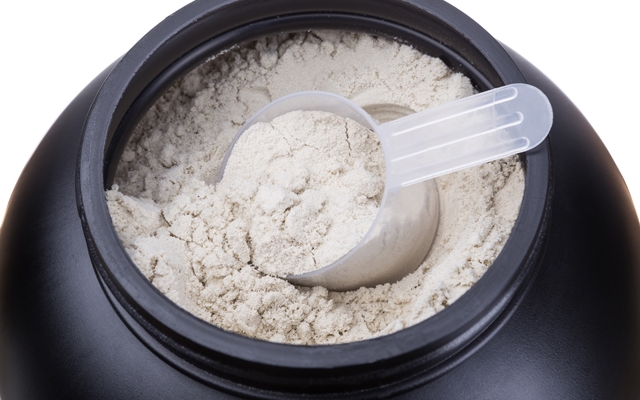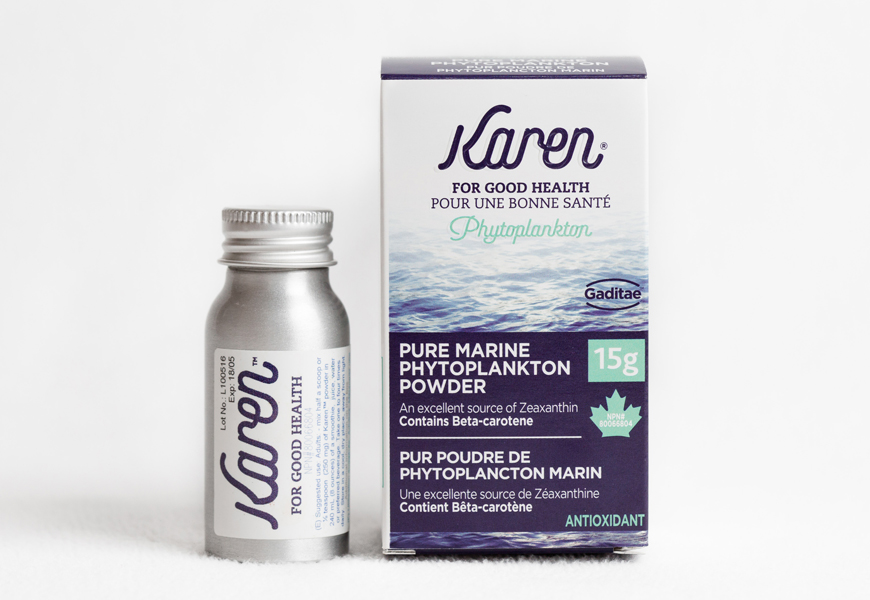A long-standing belief for full-time and aspiring athletes has been that whey protein remains the most comprehensive supplement for those who cannot ingest enough protein in their diet within a given day. After all, whey delivers a plethora of health benefits (cardiovascular, bone/joint, immunity and improves lean muscle composition). However, according to a 2012 University of Texas study, combining soy and other proteins with whey protein to your diet may provide more overall nutritional benefits than consuming either protein alone.
Michele Sevier, Nutrition House’s Director of Education, believes that Canadians can optimize their protein intake by combining various protein in their diets. Here’s the low down:
Consume 0.8g/kg to optimize protein intake
Harvard Medical School suggests that the average human should consume a minimum 0.8g/kg of protein on a daily basis.
No protein, no digestion
Our bodies need the enzymes found in the protein to break down food for absorption. Without them, food would pass through our bodies, making us perpetually hungry. Australian researchers found that after consuming protein, our bodies secrete less ghrelin, a hormone that helps our bodies recognize it’s hungry. This prevents us from snacking on unhealthy foods which will be counterproductive to hypertrophy and remaining physically fit.
Faster recovery
According to researchers in Finland, those who combined soy and whey protein in their diets had an enhanced exercise recovery after resistance training than using them independently.
Best of both worlds
Whey concentrate, the most common form of whey protein, is a byproduct of milk and cheese making, which provides some of the nutritional benefits that milk and cheese has. For those who are lactose intolerant, whey isolate is preferential, offering the same benefits as whey concentrate, but without the lactose intolerance. Whey protein can also be used to help those with asthma and high cholesterol. Lastly, whey protein helps prevent allergies in infants, late-stage cancer, and colon cancer. Soy protein, on the other hand, is a rich source of calcium and iron, which helps distribute oxygen throughout our bodies and maintain strong bones and teeth.
Live healthier, longer
Antioxidants are an essential component from remaining healthy throughout our lives. Glutathione is the master antioxidant and regular intake of whey can boost the body’s level of this most powerful antioxidant. They are responsible for extending the life of each cell, which according to researchers at the University of Florida, reduces inflammation in our joints, tendons and arteries.












